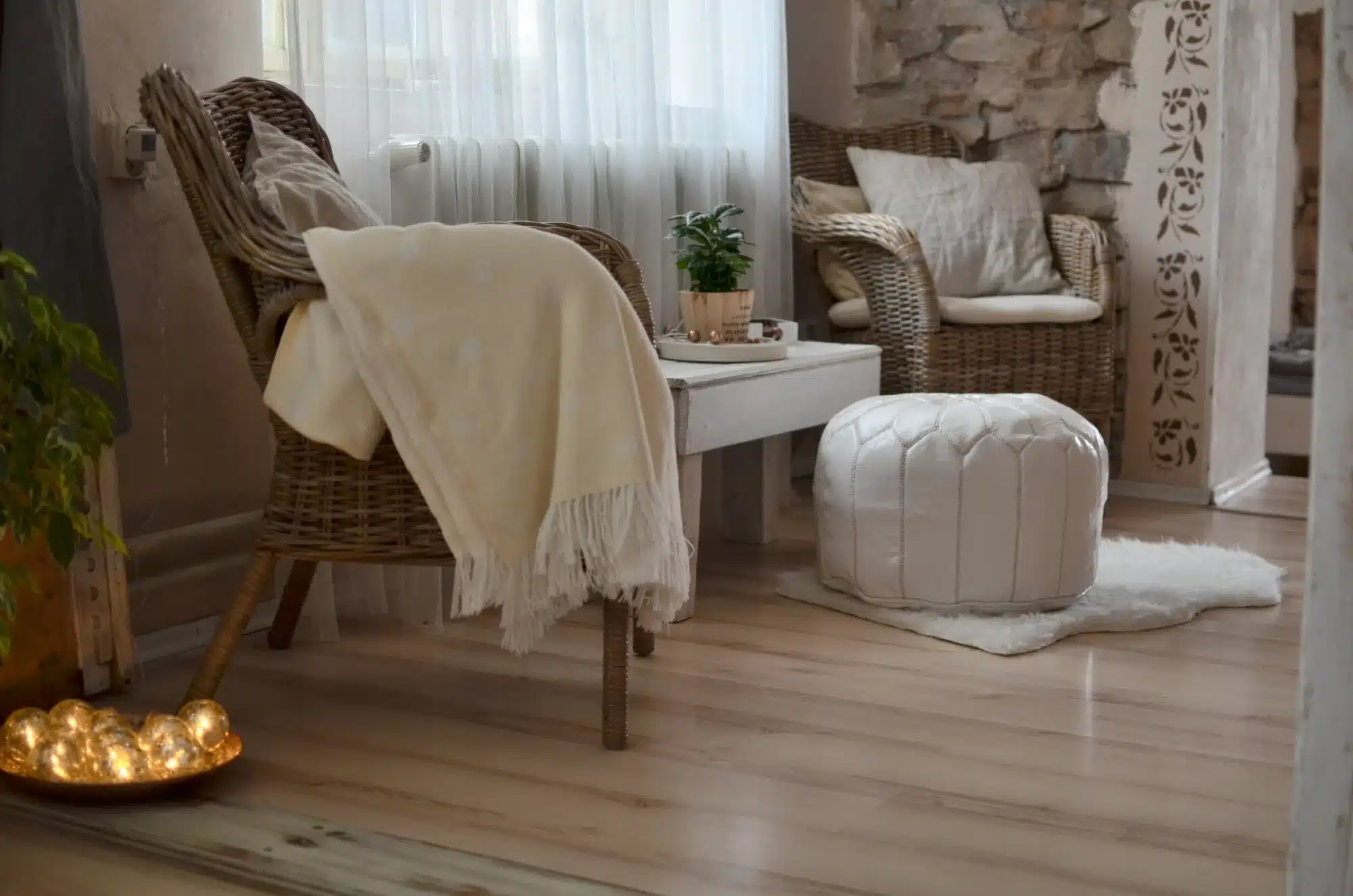With nearly 1 in 8 Americans living in apartment buildings, it may seem like more and more people are looking to leave traditional homes in favor of smaller, easier-to-maintain options.
Whether you’re downsizing now that the kids are out of the house or moving out for the first time, understanding the different types of homes is crucial. For example, many use the terms apartment and condo interchangeably without understanding the significant differences between the two structures.
If you’re unsure what the differences between a condo and an apartment are, you’ll want to keep reading. You’ll learn everything you need to know to help you make the best decision about which home is best for your needs.
Ownership
One of the most crucial differences between an apartment and a condo is ownership.
In an apartment building, there are multiple units that one entity, whether a landlord or company, that rents to numerous tenants. This means you cannot own the apartment you live in, but rather that the building is owned by a separate person renting the space to you.
However, with a condo, the layout is similar to an apartment, in that there are multiple units occupied by different tenants. However, condos are owned by those who live there and managed by an association.
While in some instances, you can rent a condo, it’s a much less traditional route, as many condo associations prefer to operate off of ownership.
However, owning a condo is a great opportunity to get used to real estate and as the process is if you were to buy a home, whereas an apartment is ideal for those who like to move around, as you can set the terms of your rental length from month to month to a year at a time.
Cost
Another difference to consider when deciding between buying a condo or renting an apartment is the cost.
Generally, apartments are more affordable than condos, as they are usually more modern with better features and layouts.
However, there are many comparable apartments and condos in terms of price. This means you can find a condo on the same budget you’d rent an apartment, but the condo may be nice and more updated.
You will also need to consider the payment methods when choosing between these options. Generally, you’ll need to pay rent and separate utilities when renting an apartment, whereas a condo is part of a homeowner’s association, so the cost of utilities will be included in your rent.
Fees
Next, you’ll need to consider the differences in fees you can expect when renting an apartment or owning a condo.
Generally, with an apartment building, the first fee you’ll face is an application fee. This is what you’ll pay when submitting an application for review to be considered for the unit.
You’ll need to anticipate paying a pet fee if you have furry friends you plan on moving in with you and a parking fee to ensure you have a designated place for your vehicle. As previously mentioned, you’ll also be responsible for paying the utility fees in your apartment building for things like gas, electricity, and water.
Finally, when renting an apartment, many landlords will require tenants to have renter’s insurance.
When owning a condo, the fees you would pay in an apartment are generally included in the monthly cost of living. This includes your utilities, as well as building upkeep. You will also be expected to have condo association insurance policy coverage to ensure your unit is protected.
Included in these fees are also snow removal and pool maintenance, meaning you don’t have to worry about purchasing a shovel and salt or investing in pricey pool chemicals.
Amenities
Next, you’ll want to consider the amenities offered by apartment buildings and condominiums.
Generally, the most significant difference will be the feel of the apartment. As previously mentioned, many condos are more updated, whereas most apartment units in a building are constructed with the same floor plan. This makes it challenging to find a unique and charismatic place.
However, both apartment buildings and condo complexes will offer a host of other amenities to make your life more enjoyable. This includes gyms, pools, and laundry services.
Generally, condos take it a step further and may have basketball or tennis courts, rooms for private events available for rent, and eco-friendly appliances.
Maintenance
Next, you’ll need to consider the maintenance involved with owning a condo vs. renting an apartment.
Typically, since you don’t own your apartment unit, you’re not responsible for any maintenance or upgrades. This includes appliances that have broken or new paint.
You also will not have to pay plumbers, exterminators, or electricians to work in your apartment. Your landlord will need to schedule, but they will cover the cost of the service visit as well as the price of the repair.
However, if you’re responsible for the damages, you can expect to replace or pay for the repairs.
When you own a condo, on the other hand, you will be responsible for maintenance in your unit. Because the homeowner’s association covers the costs of maintenance for common areas, they will not pay for repairs in your unit.
This means you’re responsible for the bill when it comes to appliance repair, painting, or calling an exterminator.
Rules
Finally, another difference to consider is the various rules you can expect to face when living in an apartment building or condo.
Generally, condos tend to be more relaxed about the rules, which offers more flexibility and freedom. Apartments, on the other hand, are much more strict when deciding what’s expected of tenants.
This includes being respectful of other tenants in terms of noise, but there may not be a curfew or quiet period set. You may also have specific rules you need to follow about garbage removal and pet waste.
Apartments are also notorious for their rules on changing the interior of the unit. Usually, you’re not allowed to paint the walls, change the flooring, or add any permanent fixtures.
Condos do tend to have rules regarding maintenance, as they are part of the homeowners association. This includes ensuring no garbage is left out front or quiet hours around the complex.
However, you are allowed to paint the condo to make it your own. You are also able to complete renovations on the unit, assuming they are verified by the right channels. This adds much more freedom to make the space feel like your true home!
It is important to note that while you own the interior of the unit, you do not own the exterior. This means you may not be able to hang fixtures such as lights or flags outside your home. Similarly, you do not have a say in things such as landscaping.
Other Factors to Consider
If you’re still stuck considering which option is best for your needs, keeping all of these factors in mind can help make your decision easier. This will ensure you buy or rent a home that meets your standards.
You’ll also need to consider the availability of units in the area you’d like to move to. This is especially important if you’re moving to a new home for work, as you may have a limited timeframe to secure a residence before starting a new job.
However, if you have time to search for the perfect location, waiting until the type of unit you’re interested in is on the market can help ensure you make the best choice.
Another factor to consider is the location of apartment buildings and condos. Traditionally, in the city, apartment buildings are close to shopping, recreation, and health services. However, in suburban or rural areas, apartment complexes can be far from central locations.
However, many condos are in close proximity to shopping and other services, making them much more accessible. This is ideal if you’re looking to cut back on how much you drive or don’t have a car.
Choose the Types of Homes That Work Best for You
Though it may seem intimidating to choose between an apartment or a condo because they are comparable options, keeping these factors in mind can help you make the best choice.
If you’re ready to find the best types of homes for you and your family, thanks to the help of this guide, you’ll want to check out the rest of our website. There, you can find more of the best real estate tips and tricks to help you find the best homes.





